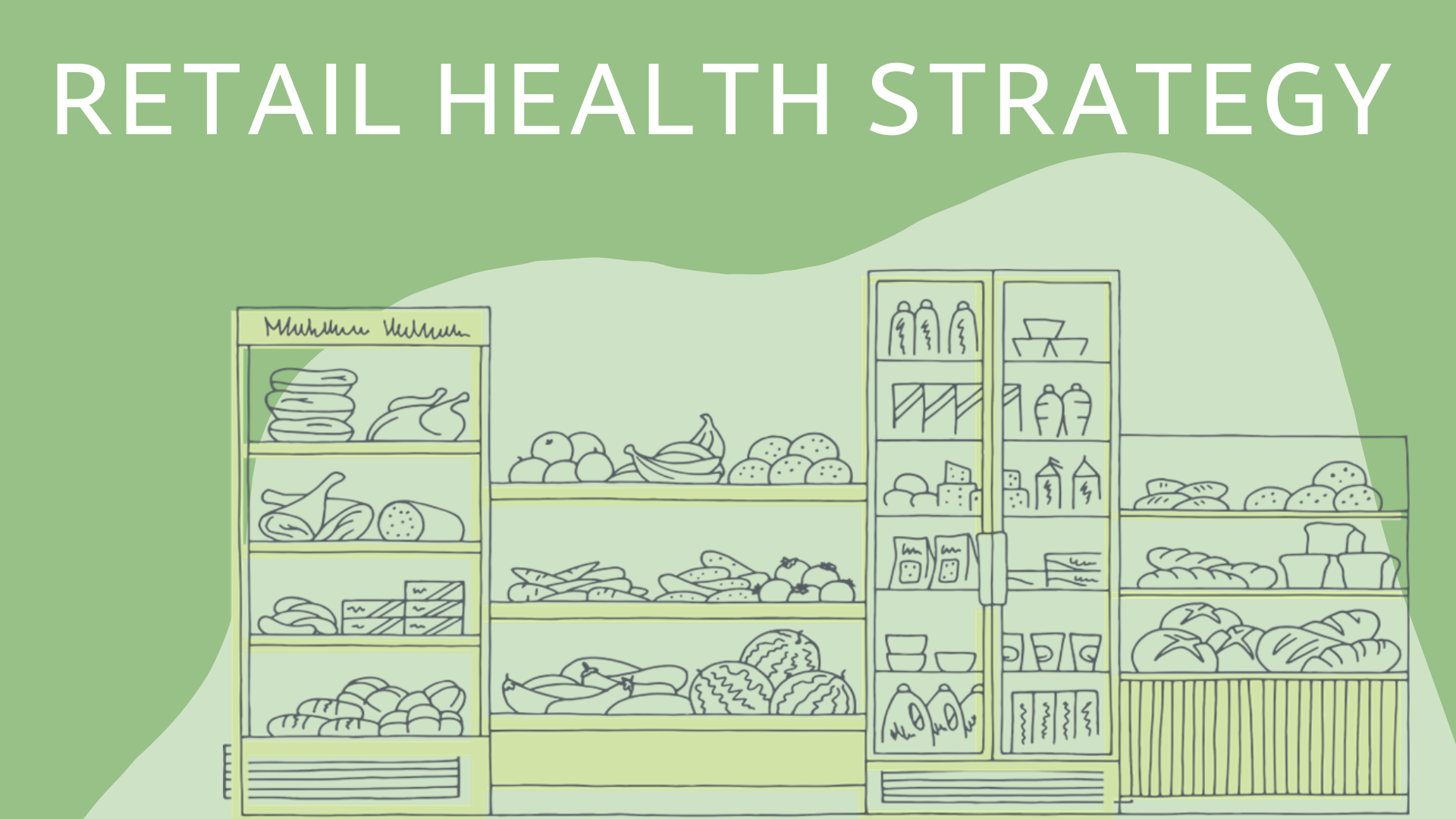By: Carol Abel, Vice President, Education, FMI 
It’s been a busy decade so far in finance and accounting. The first three years of the 2020s have been marked – and in some cases, rocked – by a steady stream of major events that have impacted retailers’ and suppliers’ books and bottom lines and tested their resiliency.
As in other areas of the food retailing business, like frontline store workers and supply chain managers, finance and auditing professionals have had to navigate steady volatility and, when needed, do the proverbial pivot when change is warranted. While they address external market factors like inflation and ongoing supply challenges, these teams must also continually evaluate the next threat coming down the pike and how that might affect their operation’s margins and outlook for this year and coming fiscal years.
Inflation, of course, has been the big story of the past year that has affected consumers’ habits and, in turn, the financial performance of suppliers and retailers. FMI’s recent research affirms the ongoing fallout from inflation—for example, the 2023 Power of Seafood report shows higher prices led to a drop in seafood consumption, while the 2023 Power of Meat study found that inflation is causing many shoppers to change the amount, type, cut or brand of meat they buy and where they shop. Even as the rate of inflation is cooling compared to the eye-opening, 40-year-highs of summer 2022, the CPI for most food-at-home products remains elevated and is expected to stay above previous norms.
In addition to surging prices that spurred changes to the ways that retailers order, price and market foods and the ways that consumers buy products, other market factors are on the minds of finance and auditing leaders trying to steer their organization’s profitability. For example, higher interest rates and a softer real estate market affect decisions about capital investments and property purchases. Labor shortages continue to pull on financial performance, as employers pay higher wages to attract and retain workers and invest in automation to alleviate some areas of labor. Regulatory and legislative updates must also be top of mind among retail and supplier finance groups as they prepare for and respond to audits.
After successive years of high grocery sales as consumers largely stayed in and cooked at home more, many food retailers across the omnichannel are tempering their outlook for the rest of the year and reporting a slower pace of sales. The silver lining in these gathering economic clouds is the industry’s continued and demonstrated resiliency: company leaders and their financial teams are finding yet other ways to adjust to a changing operating climate.
At the same time, accounting and financial professionals are keenly aware of the risk of not anticipating challenges and are thereby building up some insulation against further uncertainty. Even if not all crises can be expected, planning for possible and highly impactful events like cybersecurity breaches, fraud/theft and other enterprise management risks can help ensure that retailers are not put on the back foot.
Those in the retail industry can learn more about trends in the food retail financial and internal auditing industry, receive actionable solutions to issues impacting their bottom line and network with other leaders for shared best practices during the upcoming FMI Financial Executive and Internal Audit Conference, held May 21-23, 2023 in New Orleans.


 Industry Topics address your specific area of expertise with resources, reports, events and more.
Industry Topics address your specific area of expertise with resources, reports, events and more.
 Our Research covers consumer behavior and retail operation benchmarks so you can make informed business decisions.
Our Research covers consumer behavior and retail operation benchmarks so you can make informed business decisions.
 Events and Education including online and in-person help you advance your food retail career.
Events and Education including online and in-person help you advance your food retail career.
 Food Safety training, resources and guidance that help you create a company food safety culture.
Food Safety training, resources and guidance that help you create a company food safety culture.
 Government Affairs work — federal and state — on the latest food industry policy, regulatory and legislative issues.
Government Affairs work — federal and state — on the latest food industry policy, regulatory and legislative issues.
 Get Involved. From industry awards to newsletters and committees, these resources help you take advantage of your membership.
Get Involved. From industry awards to newsletters and committees, these resources help you take advantage of your membership.
 Best practices, guidance documents, infographics, signage and more for the food industry on the COVID-19 pandemic.
Best practices, guidance documents, infographics, signage and more for the food industry on the COVID-19 pandemic.
